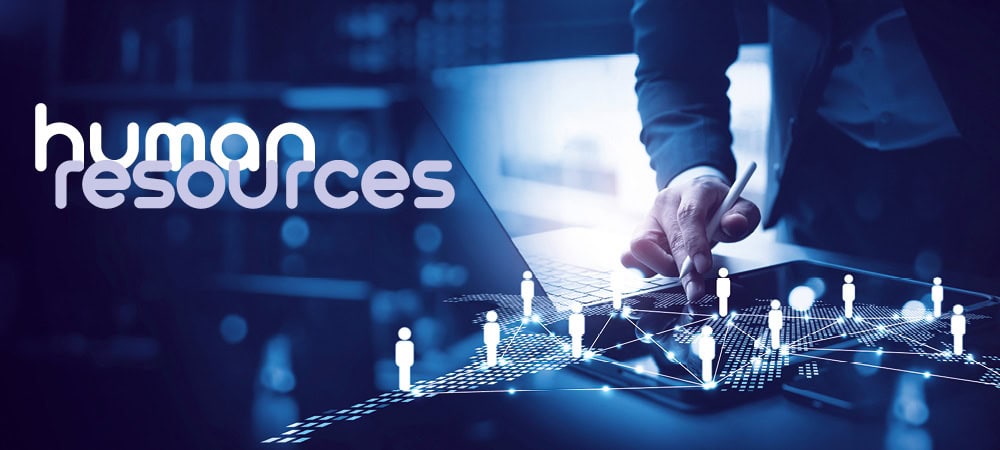RISE, Cloud, and Exit


Exit support from 2027 onwards with EU legal assistance
The EU Data Act is a European Union regulation that aims to facilitate and promote the exchange and use of data within Europe. The act was published in the Official Journal of the European Union on December 22, 2023.
The comprehensive document also includes a section on transitioning to a new cloud provider (hyperscaler) or exiting the cloud. This process is still under development, and providers such as SAP do not yet have any documentation on it. In legal circles, it is assumed that the majority of cloud providers, such as SAP, will await the EU model contracts and then adopt them in the original or adapted form in their own GTCs.
As of January 11, 2024, customers will have the option to change or leave their cloud provider. It should be noted that providers may also charge a fee for this service. The EU will make cloud exit model contracts available in autumn 2025. As of January 12, 2027, providers will be required to offer customers the ability to change or exit their contracts free of charge. In any case, however, the cloud provider is required by the EU Data Act to provide support and ensure the continued operational viability of IT operations. This places a significant responsibility on the shoulders of cloud providers.
Three-part RISE with SAP cloud contract
In considering the RISE path to the SAP cloud, it is important to recognize that the contract itself is a relevant factor in determining an exit strategy. The specifics of a RISE with SAP contract can vary depending on the initial situation, but typically consist of at least three components that are only marginally related.
The first point to address is the cloud contract itself, which sets out the terms and conditions for renting SAP cloud services. This contract is in place for several years and may include an index clause. It is important to note, however, that the cloud subscription fee must be paid regardless of whether the customer's own S/4 system has ever been operational in the cloud. In some instances, an SAP customer may be required to pay for an extended period for a cloud subscription that does not include any active usage.
SAP charges a separate fee for the migration service to the cloud (conversion) and also provides a dedicated project team for this. In the SAP community, there have been reports of less experienced S/4 conversion teams attempting to complete the cloud migration process in a suboptimal manner. In some instances, SAP has been known to cancel the contract, but this does not address the underlying issue, as there is a third component of the so-called RISE contract.
The third component of the RISE agreement is an on-prem termination agreement. In essence, the agreement stipulates that the current SAP customer transfers their SAP on-prem contracts (R/3 and ECC 6.0) to SAP in exchange for a conditional right of residence in the SAP cloud. While the terms may appear straightforward on paper, the reality can be quite different in practice. The worst case scenario would be a failure of the conversion process, whereby the SAP customer does not migrate to the cloud. However, the customer is unable to revert to their previous arrangement, as they have already relinquished their on-prem rights to SAP in accordance with the third component of the RISE contract.
Customer satisfaction and SAP share price
"Customer satisfaction has been the guiding principle for SAP CEO Christian Klein since he became sole CEO four and a half years ago. "What initially presented a challenge has developed into a model for success," wrote Handelsblatt author Ulf Sommer at the beginning of November (in German)..
The SAP share price has performed extremely well this year. However, this is not reflected in customer satisfaction levels, which have remained consistently low. The atmosphere among thousands of SAP customers at the annual DSAG congress in Leipzig was notably subdued this year. In light of the preliminary findings from the RISE contract and the incremental progress made with the acquired AI tools, the DSAG delegates were not in a celebratory mood.
In a recent article in the German-language business magazine Handelsblatt, Ulf Sommer outlined the key to SAP's success: "The recipe for success is a mixture of technology, innovation and openness to new trends, combined with virtues that are rather unusual in the dazzling tech world dominated by the USA. Company CEO Christian Klein, who began his career at SAP as a student in 1999, focuses primarily on independent growth without expensive takeovers. Just as the founders around Hasso Plattner and Dietmar Hopp once favored."
However, Ulf Sommer has not yet disclosed how the acquisitions of Signavio, LeanIX, and this year's acquisition of WalkMe, each valued at billions, should be classified. As a result, SAP's business model remains somewhat unconventional, with an excellent share price and a somewhat subdued outlook among customers.






